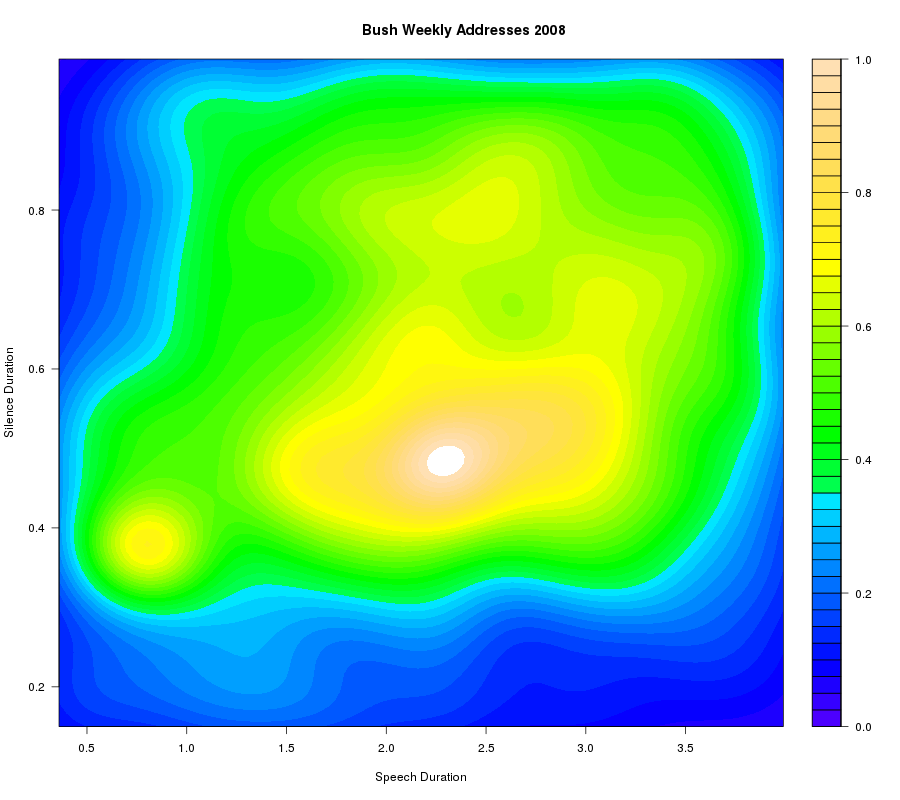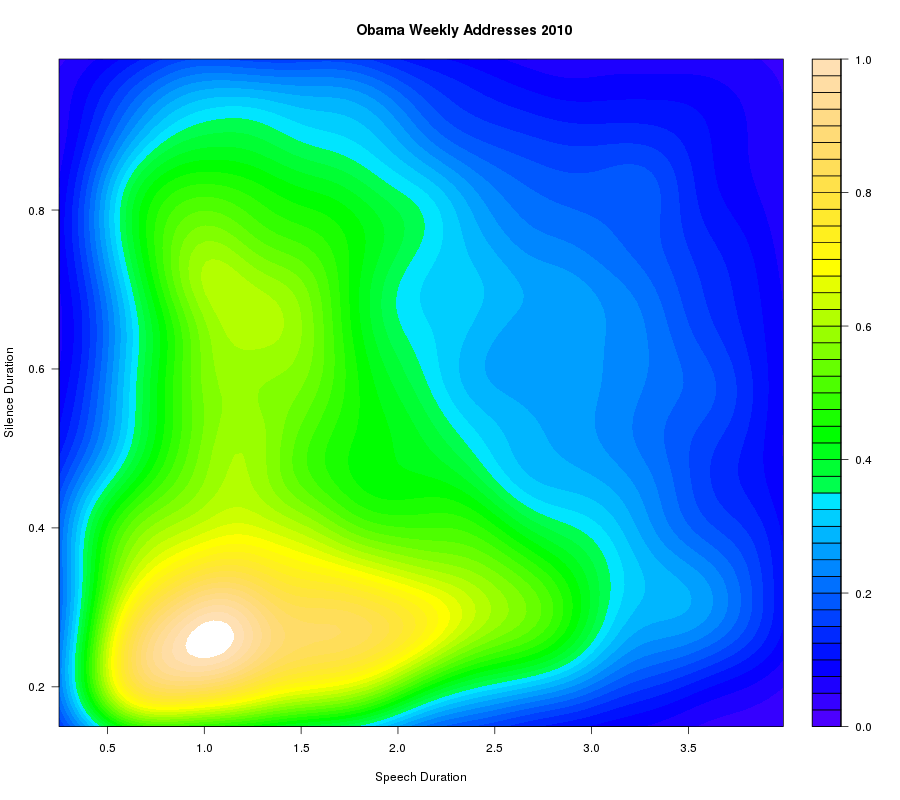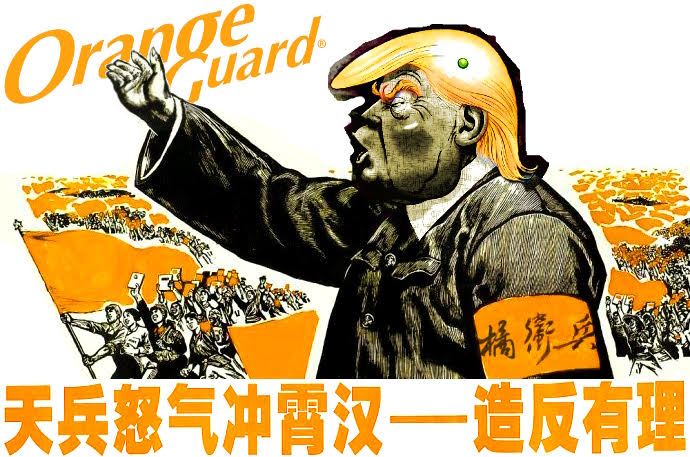Archive for Language and politics
Grammatical analysis versus accuracy of translation in international affairs
In this widely cited article, "China says Sino-British Joint Declaration on Hong Kong no longer has meaning", Reuters (6/30/17) quoted PRC Ministry of Foreign Affairs (MFA) spokesman, Lu Kang, as follows:
Now Hong Kong has returned to the motherland's embrace for 20 years, the Sino-British Joint Declaration, as a historical document, no longer has any practical significance, and it is not at all binding for the central government's management over Hong Kong. The UK has no sovereignty, no power to rule and no power to supervise Hong Kong after the handover.
Read the rest of this entry »
Defense counsel for the victim?
A truly Freudian slip in a story in the UK conservative newspaper the Daily Telegraph, speaking volumes about what goes wrong with so many rape and sexual assault prosecutions:
Camille Cosby, wife of the entertainer, issued a statement, read out by an associate on the court steps in a dramatically-delivered speech.
She attacked the judge as biased, and said the defence were "totally unethical."
The defense? Andrea Constand and the other brave women who have accused Bill Cosby (they say he drugged them so he could enjoy sexual gratification without their consent) were not in the dock, and the lawyers arguing their case were not the defense team, but the prosecutors. The Telegraph journalist, Harriet Alexander, has apparently reversed the roles of the accused's defense and the district attorney.
Read the rest of this entry »
Permalink Comments off
The hot potato of interpretive responsibility
Below is a guest post by Elisabeth Camp.
Mark posted part of a particularly linguistically juicy exchange from James Comey’s recent Senate testimony, in which Senator Risch “drilled down” on the “exact words” attributed by Comey to Trump, noting that Trump merely expressed his “hope” that Comey could “can see [his] way clear to letting this go, to letting Flynn go.” Risch then went on to suggest, without saying, that speakers can only be held legally accountable for what they explicitly threaten or claim, and not for mere expressions of hope:
Risch: He said, ‘I hope’. Now, like me, you probably did hundreds of cases, maybe thousands of cases, charging people with criminal offenses and, of course, you have knowledge of the thousands of cases out there where people have been charged. Do you know of any case where a person has been charged for obstruction of justice or, for that matter, any other criminal offense, where they said or thought they hoped for an outcome?
Comey: I don’t know well enough to answer. And the reason I keep saying ‘his words’ is I took it as a direction.
In a follow-up post, Mark linked to a discussion of a 1995 ruling by the National Labor Relations Board, which though not a criminal statute, held that the mere statement of an employer’s “hopes” can indeed have a “chilling effect” and “interfere with [an employee’s] exercise of rights.” But there are further grounds for challenge as well, including workplace law on sexual harassment.
Read the rest of this entry »
On the short periods of Trumpian time
On Friday, at a joint press conference with Romanian President Klaus Iohannis, Donald Trump begrudgingly took questions from Jon Karl of ABC News. Karl asked whether there are indeed recordings of Trump's conversations with former FBI director James Comey, as Trump once suggested on Twitter. Here is how he replied (emphasis mine):
KARL: And you seem to be hinting that there are recordings of those conversations.
TRUMP: I'm not hinting anything. I'll tell you about it over a very short period of time. Okay. Do you have a question here?
KARL: When will you tell us about the recordings?
TRUMP: Over a fairly short period of time.
Pres. Trump would “100%” be willing to say under oath that he didn’t ask Comey to let Flynn investigation "go"; didn't say “I need loyalty." pic.twitter.com/TayObtkChX
— ABC News Politics (@ABCPolitics) June 9, 2017
In his response, Trump used "over a very/fairly short period of time" to mean "soon." It's a peculiar choice of preposition — why over rather than in?
Read the rest of this entry »
Implicatures on Capitol Hill
Those of us who teach introductory Linguistics courses owe a special debt to James Comey's testimony yesterday before the Senate Intelligence Committee.
This two-hour exchange offers us a broad and deep source of evocative and consequential real-world examples of the ways that what is said, what is meant, and what is communicated may be different.
Read the rest of this entry »
"This is a whole new life for me now"
Following up on yesterday's post about Rona Barrett's 10/6/1980 interview with Donald Trump, here's a sample from Lesley Stahl's 12/13/2016 interview:
Read the rest of this entry »
"I think it's a very mean life"
Rona Barrett interviews Donald Trump in 1980:
https://www.youtube.com/watch?v=nAgJAxkALyc
Read the rest of this entry »
Coral reef, dead or alive
June Teufel Dreyer noticed that the People's Daily and other official outlets refer to Okinotori as a jiāo 礁, reef, which fits her understanding of the geology involved. The Japanese, hoping for a larger Exclusive Economic Zone (EEZ), say it is an island. The United Nations Convention on the Law of the Sea (UNCLOS) definition is that a rock incapable of sustaining life (“life” is not defined; could be human life, animals, plants, bacteria?) is not an island. The government of Japan position is that Okinotori isn’t a rock, since it is composed of coral. Yet the character, which she assumes the Japanese use as well, clearly contains the rock element. So, June asked, can coral be considered a rock? In this case, there are substantial implications.
Read the rest of this entry »
Chinese Trumpistas
Their legions grow with each passing day. This post is about what they are called in Chinese (see below).
The Chinese people were fascinated with Trump even before he was sworn in as POTUS:
"Year of the cock" (1/4/17)
See also the references in the second half of the third post cited below.
Now that Trump has been President for more than four months, he is all the more popular among certain segments of the Chinese population. Even top politicians who are jockeying for power at the 19th Party Congress to be held this fall are modeling themselves after Trump:
"China’s Leadership Reshuffle 2017: Rising Stars; How China’s regional chiefs use Trump tactic in race for top" (Choi Chi-yuk, SCMP, 6/3/17)
One mentioned Communist Party chief Xi Jinping’s name 26 times in a speech, another mentioned poverty 90 times
Read the rest of this entry »
June 4, 198brew 2.0
Many people have called my attention to this article by Didi Kirsten Tatlow in the New York Times:
"A High-Proof Tribute to Tiananmen’s Victims Finds a Way Back to China" (5/30/17)
The article begins:
It’s a big journey for a little bottle, even one so potent in alcohol and symbolism.
The liquor bottle — whose label commemorates the 1989 crackdown on democracy demonstrators in Tiananmen Square in Beijing — made a monthslong trip around the world and arrived in Hong Kong days before the 28th anniversary of the killings on Sunday and one year after it was produced in Chengdu, in the southwestern Chinese province of Sichuan.
Read the rest of this entry »
Political sound and silence II
In "Political Sound and Silence", 2/8/2016, I compared the joint distribution of speech segment durations and (immediately following) silence segment durations in the Weekly Addresses of Presidents George W. Bush and Barack Obama:
 |
 |
Today I thought I'd add a similar graph for President Donald Trump's Weekly Addresses so far in 2017:
Read the rest of this entry »
Dophin sightseeing
Headline in the China Daily today (5/28/17):
"Dophin sightseeing in China's Taiwan".
As my colleague, Arthur Waldron, trenchantly remarked: "They fear a dauphin. This may be an omen."
Read the rest of this entry »
